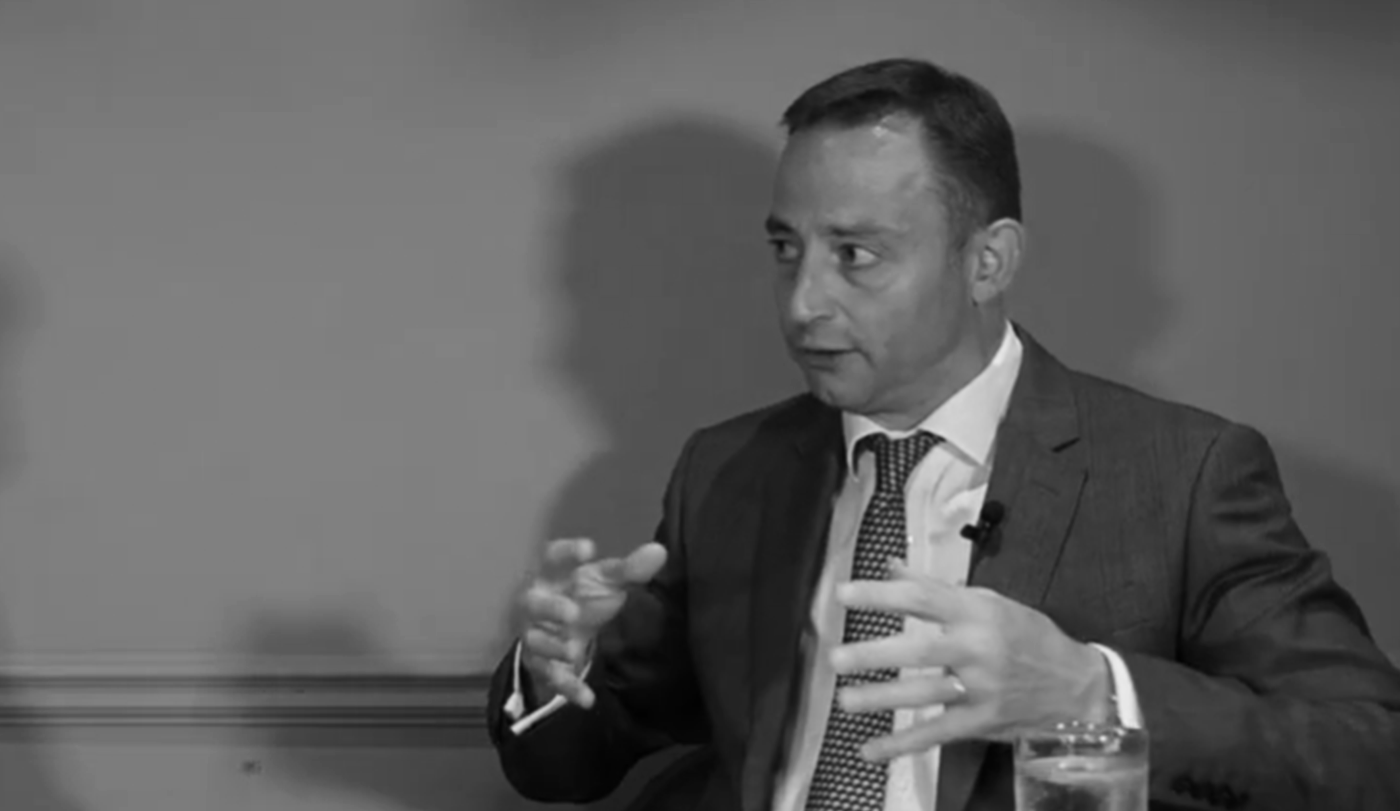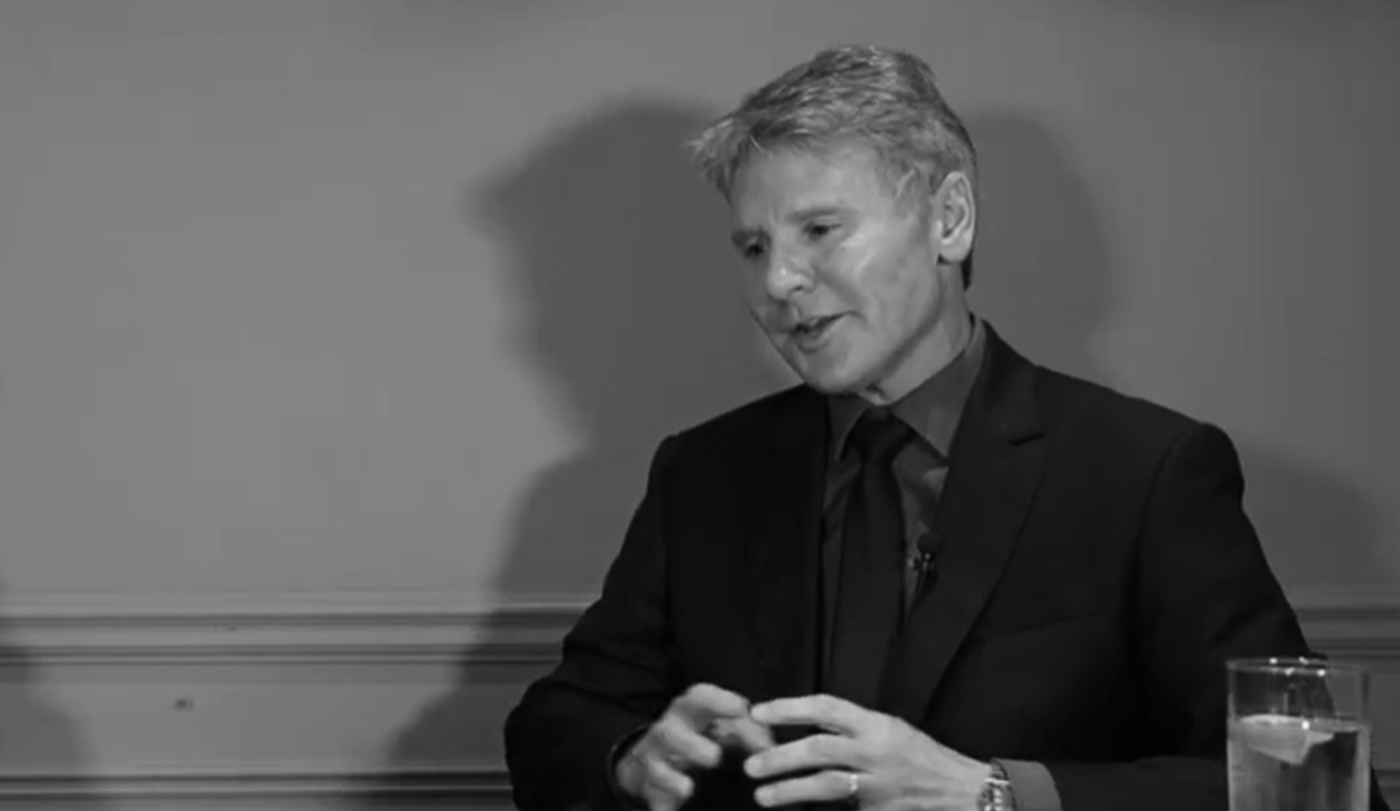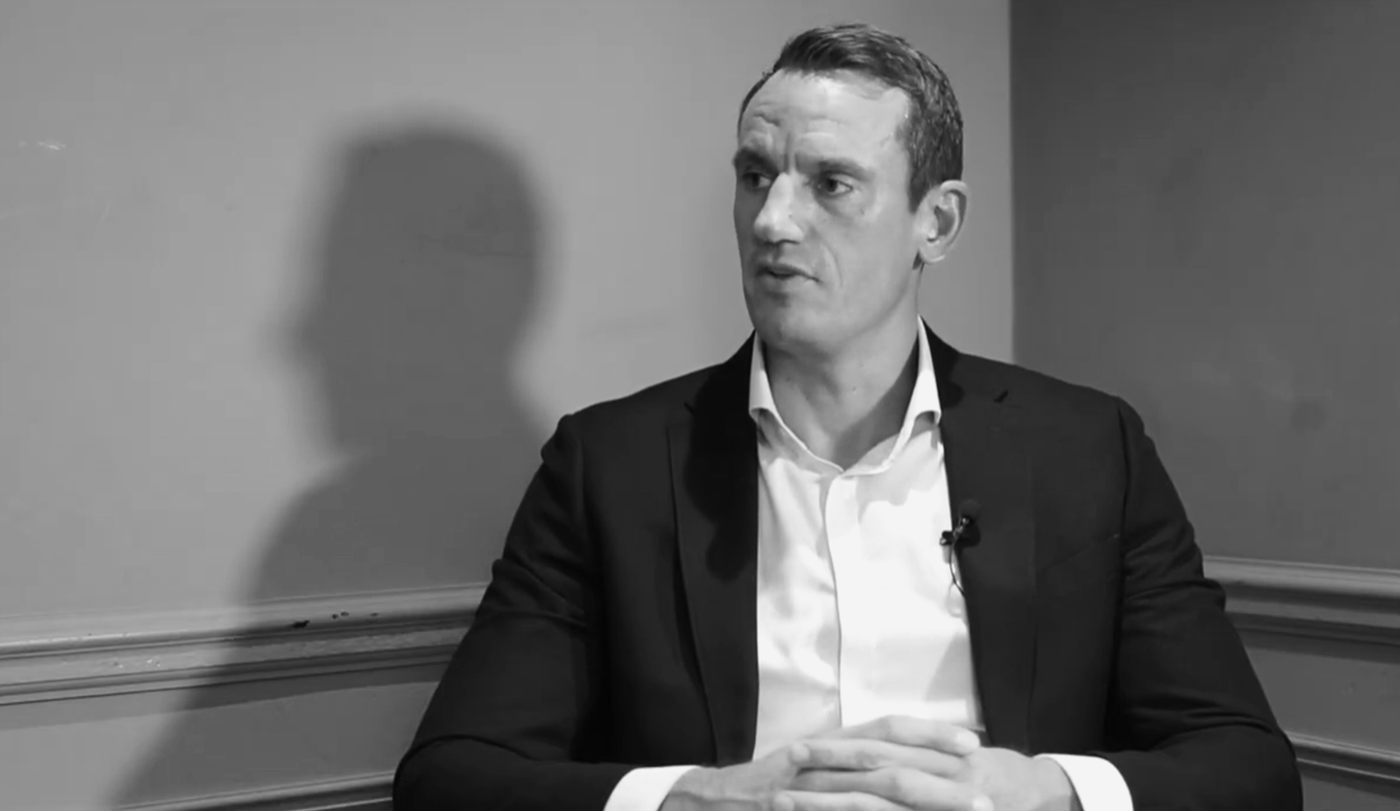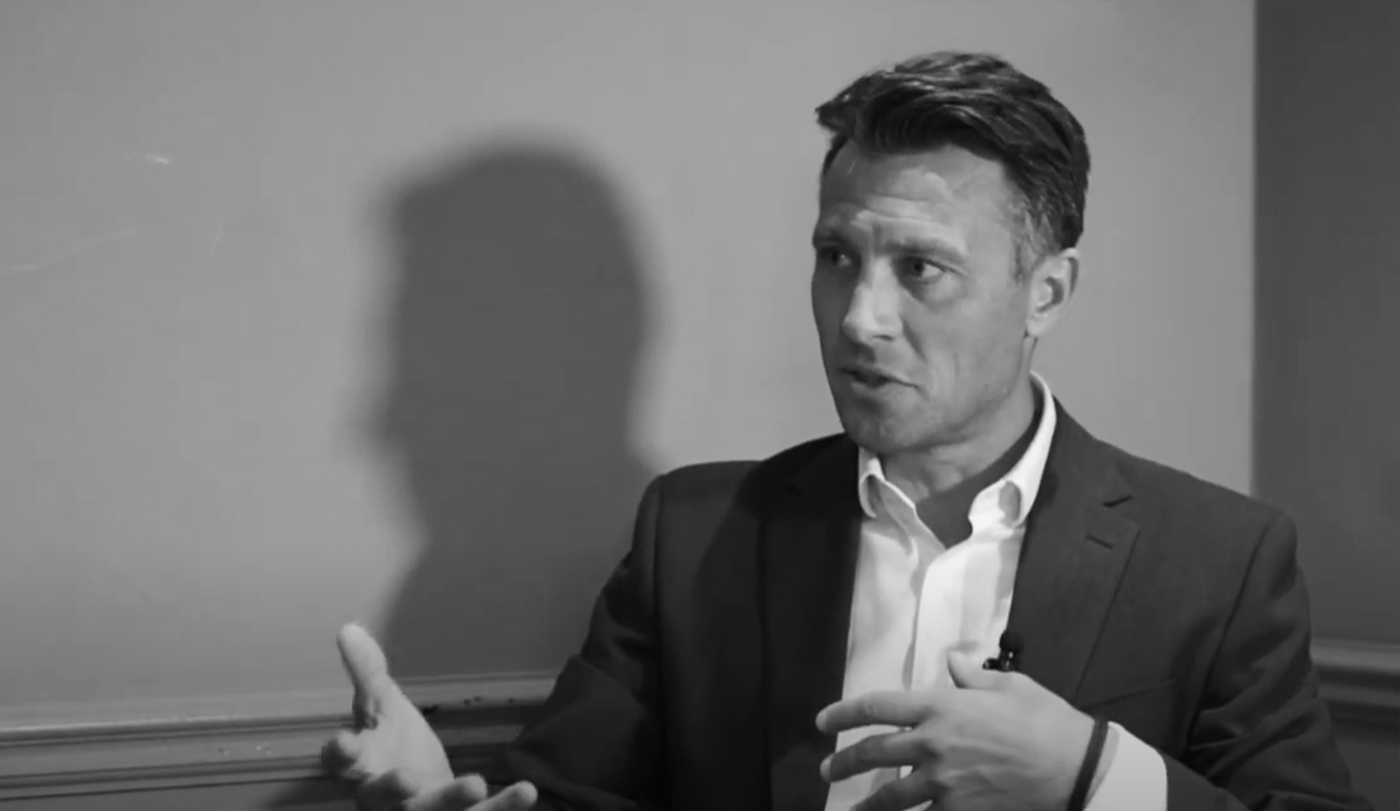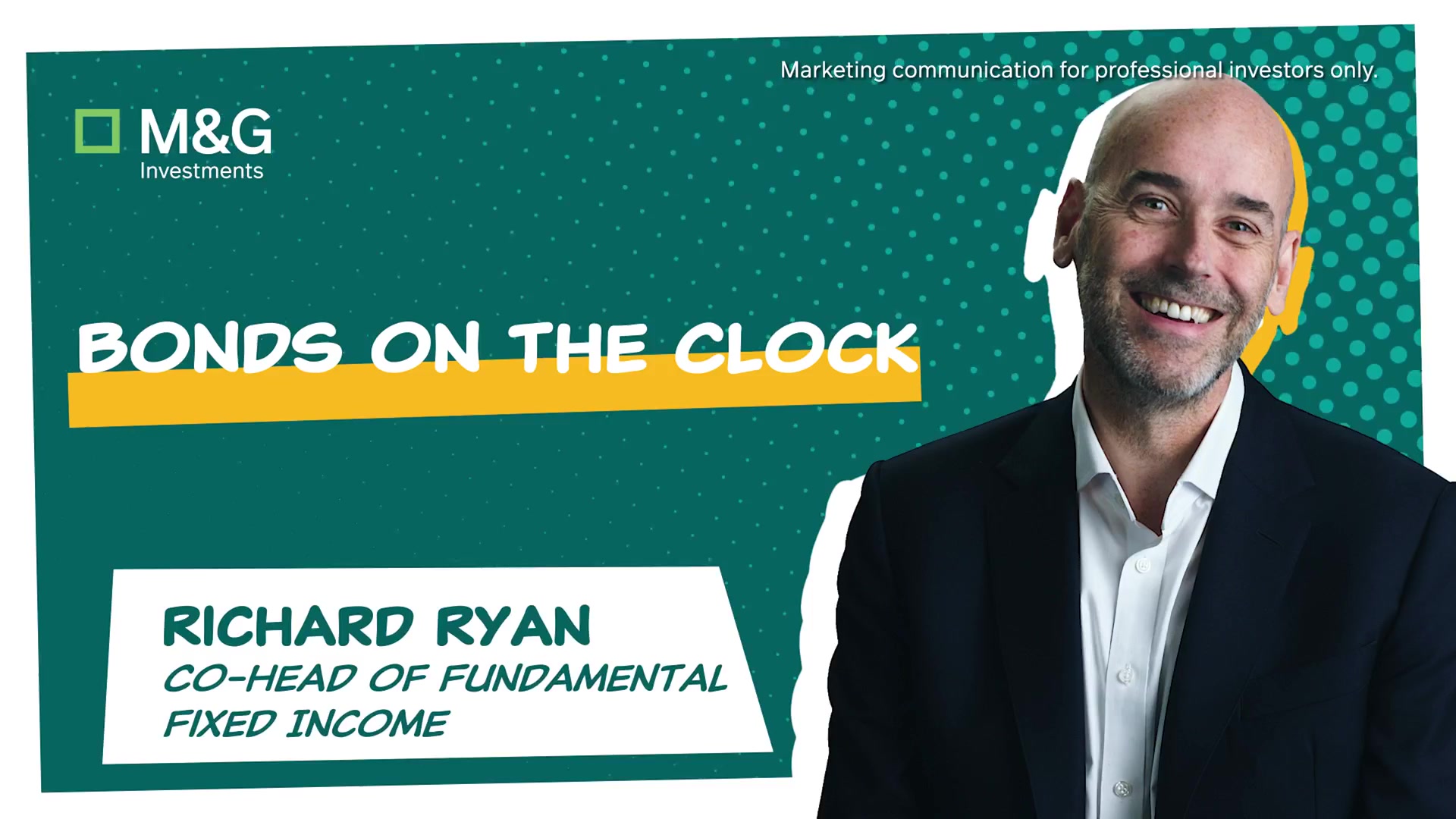A short clip from our series of interviews with UK fund researchers and fund selectors - plus episode transcript
Transcript of ‘Choice Words’ Episode 3:
Peter Sleep, with Julian Marr
JM: Well, hello and welcome to the latest in our series of ‘Choice Words’ videos, where we speak to key decision-makers in the world of UK fund research and UK fund selection. I am Julian Marr, editorial director of Wealthwise Media, and today I am delighted to be talking to investment director at Callanish Capital, Peter Sleep. Hello, Peter.
PS: Hello.
JM: Thank you so much for coming along to talk to us. The idea is to find out a little bit about you – how you think about life, how you think of an investment, how you think about life outside of investment, what brought you into the business, what keeps you in the business, more importantly, and what makes you and your still relatively nascent business tick. Lots to get through, then – obviously a walk in the park for you! Let’s start off with an easy question, what excites you about the current investment outlook? And is there anything that worries you or gives you pause for thought?
PS: Well, I think we are at an inflection point, which is exciting – the inflection point being the new US administration. A complete change to the past, I think. If you look at the situation in France and possibly the UK today, the old liberal consensus has perhaps had 25 years of failure behind it – I am thinking of things like nation-building in Iraq, Brexit, the eurozone crisis and our parlous financial situation at the moment.
So we need a change and I think we are going to have change now in the US and it is going to reverberate around the world. What they call the ‘Overton window’ of what is politically acceptable to the mainstream is shifting and it is shifting hugely – more, perhaps, than I have known at any time in my life. And I think that is what is going to be really exciting over the next four or five years.
JM: So there is a lot to process there – but then the opportunity is potentially risk as well because the change could be a good or it could be bad.
PS: Of course. Government is at its most vulnerable when it changes and there is lots to worry about at the present time. We have conflict in the Middle East. We have conflict in Ukraine. There is potential conflict in many other places – and that is a risk. And we also have, potentially, the weaking of NATO, for instance, which we have relied on for the last 75 years. However, maybe things will be strengthened. What is good will remain and what is bad will be thrown out. What is good? Perhaps NATO will remain, if it still serves a purpose.
JM: Yes, you could ask, What if the worst happens? But equally, What if the best happens?
PS: Yes. If the best happens, we might see our economies on a firmer footing. We will reset the growth agenda. We have had no growth in this country for last 12 years. Growth is anaemic in the rest of Europe – certainly core Europe – so I think we do need a reset in order to get animal spirits flowing again.
The best research
JM: Fair enough. Moving swiftly from the macro to the micro or the stock-specific. When you look at an individual investment, what do you most want to see? And what are the red flags?
PS: For me, when I look at investment, it is generally a fund. People talk about the three or four Ps – people process, philosophy and so on – and I kind of take that for granted because I have heard it so many times. I am often told about a process and the process invariably involves a research process. In my opinion, it is very difficult to outperform the markets and the only way to outperform the markets is by having the best research.
So when I speak to a fund manager, I want to see that they have the best research and so I will research a stock myself that is in their portfolio. And if I ask questions about that specific stock and if I find that I know more about that specific stock than the fund manager does – and it is quite often the case that I do – then I will tend to walk away. I believe a fund manager should know a stock inside out and understand all the drivers and what is going on in that stock.
JM: Fair enough. I seem to remember somebody talking about ‘the five Ps’ – and a rival saying, Yes, all they worry about is price, price, price, price and price!
PS: Well, that is passive – but then that would be ‘six Ps’, wouldn’t it?
Open mind
JM: That is a more constructive way of looking at it! There are the so-called ‘traditional’ investments – obviously, cash, bonds, equities – but to what degree do you think professional investors need to be looking beyond those? And is there anything specifically that is catching your eye?
PS: I think the obvious one is crypto.
JM: Does that catch your eye in a good way?
PS: Yes – and not because of the recent price movements either. What opened my eyes to it was – there is a ‘rock star’ quant at BlackRock called Andrew Ang and he wrote a paper about two years ago, looking at what sort of allocation you should have to crypto. Obviously the paper was experimental but it was an attempt – a very good attempt – at trying to treat crypto as an asset.
And his conclusion was between 1% and 3% – and I think there is some credibility to that research and I am prepared to keep an open mind and potentially put it in my own personal portfolio. Of course, we will have to wait to see how the regulator feels about it in due course. Other things investors should be looking at outside the core equity and bond markets, I think, are some alternatives – managed futures, for instance, might well have a place. And certain hedge funds – merger arbitrage and so on.
Client suitability
JM: Thank you for that. Now, I know you do a lot of writing yourself but what drives your firm’s approach to client communication? And, within that, should professional investors be looking to attract the ‘right’ type of client – that is, the people who are willing to stay with them on the journey so they get the plus as well as the minus?
PS: I don’t think there is ‘the right client’ – I think there are probably right or suitable products for all clients. Client suitability is really important – profiling. I don’t think, the fund management community as a whole, we generally add a great deal of value – except when it comes to a crisis or a market slowdown, where we keep our clients invested.
That is the biggest service we can give our clients – keeping an investor in the market – because, after a drawdown, you usually get a rebound and yet so many clients that are poorly advised will rush to pull their money out. Our biggest service is to keep them invested. In terms of, Should we be targeting the right sort of clients? We should be educating our clients at all times, I think – particularly the more nervous ones – and selling them suitable products.
Beware overconfidence bias
JM: That is interesting. So it is not a question of targeting the ‘right’ clients – it is actually about creating the ‘right’ clients through education, through good communications. OK, a more personal question now – what was your path into investment and, if you had not taken it, what do you see yourself doing in an alternative universe?
PS: I used to work for an accountancy firm called Arthur Andersen – so I am a qualified chartered accountant. I enjoyed the work as a chartered account, which is basically as an auditor. I was travelling around – I was based in Manchester, travelling around the Northwest – and I enjoyed that enormously. But the career progression was, perhaps, join a firm and prepare monthly accounts and so on and I didn’t want to do that – there didn’t seem to be a great deal of variety. I didn’t know what I wanted to do, to be honest, but somebody suggested, Well, why don’t you join Citibank and see what they have to offer?
And through that route, I came into asset management. I was lucky, because the person who recruited me into Citibank Asset Management was himself a chartered accountant and he was looking for another ‘CA’ so we kind of hit it off and I joined asset management in 1992 – so 30-odd years ago. So I joined the private bank at Citigroup, then went into the asset management business and then I worked at Man for two years before joining Seven. JM: And, of course, we did have the flip question – if that hadn’t all happened, what would you be doing now? PS: I’d probably be an accountant!
Beware overconfidence bias
JM: A narrow miss! This may be a cheeky question but what is the biggest investment mistake you are prepared to admit to on the basis you might have learned something.
PS: Oh, that’s easy – I kept my shares in Citibank!
JM And what did you learn from that?
PS: Well, I thought I knew the business because I worked there for 13 years – but obviously I didn’t. You know a little bit about the tiny, tiny niche you are in but you have no idea what is going on in the rest of the business – and I don’t think the CEO had any idea either. So I got wiped out – you know, after 13 years, I had accumulated a chunky amount of stock but that is worth a hundredth of what it was all those years ago!
JM: I guess there is a lesson there about watching out for overconfidence bias – thinking you know what you know.
PS: Absolutely.
Relationship business
JM: Just a couple more questions – the first being my ‘crystal ball’ question. What do you see as the best and worst-case scenarios for the future of the UK wealth sector? Let’s start with worst so we can end on a high.
PS: Worst is it kind of ends up a bit like the asset management sector.
JM: You say that quite dismissively – what you mean by that?
PS: The asset management sector was fat and happy, on high fees, 10 or 12, years ago. Passive has eaten its lunch and it is now in crisis. It is retrenching.
JM: It is skinny and miserable!
PS: It is skinny and miserable – and will get skinnier because the consolidation hasn’t finished. So the worst-case scenario, I guess, is wealth management goes the same way – perhaps driven by wealth management being replaced by AI or something.
JM: So too much focus on price, price, price, price and price. And best case?
PS: Well, that it remains a relationship business. People still want to deal with people – however fallible they are – and are prepared to pay high fees. I do think some of the fee structures in wealth management in the UK are pretty high – at 2%-ish. St James’s Place has been slated for its old fee policies but it was by no means the most expensive. So there is probably some fee pressure to come in the wealth management space.
Two recommendations
JM: You would think so – that does seem to be the way of things. OK, final question: you are here because of the professional choices you make, putting portfolios together – but let’s go for a couple of personal choice recommendations. One book and then the other one is a free choice – restaurant, podcast or anything else.
PS: Well, every year I read one book by Jane Austen – so she’s my favourite – although I can’t read the one I did it for A-level. So I can’t reread Emma – it’s horrible! But a good, easy introduction is Pride and Prejudice or Sense and Sensibility. My favourite is Persuasion but that’s a bit trickier and a bit darker. And the one off-the-wall recommendation is a restaurant in the City, St John – for its ‘head to toe’ eating. If you don’t know it, it’s probably best not to read the menu before you go. Last time I was there, I think I had lambs’ brains on toast – so best not to go there if you are a vegan.
JM: Clearly not – but it is an individual choice, which is kind of what we are talking about here. Well, those are fantastic choices. Peter Sleep, thank you so much for coming onto Choice Words today.
Please do look out for further Choice Words episodes as they are released


